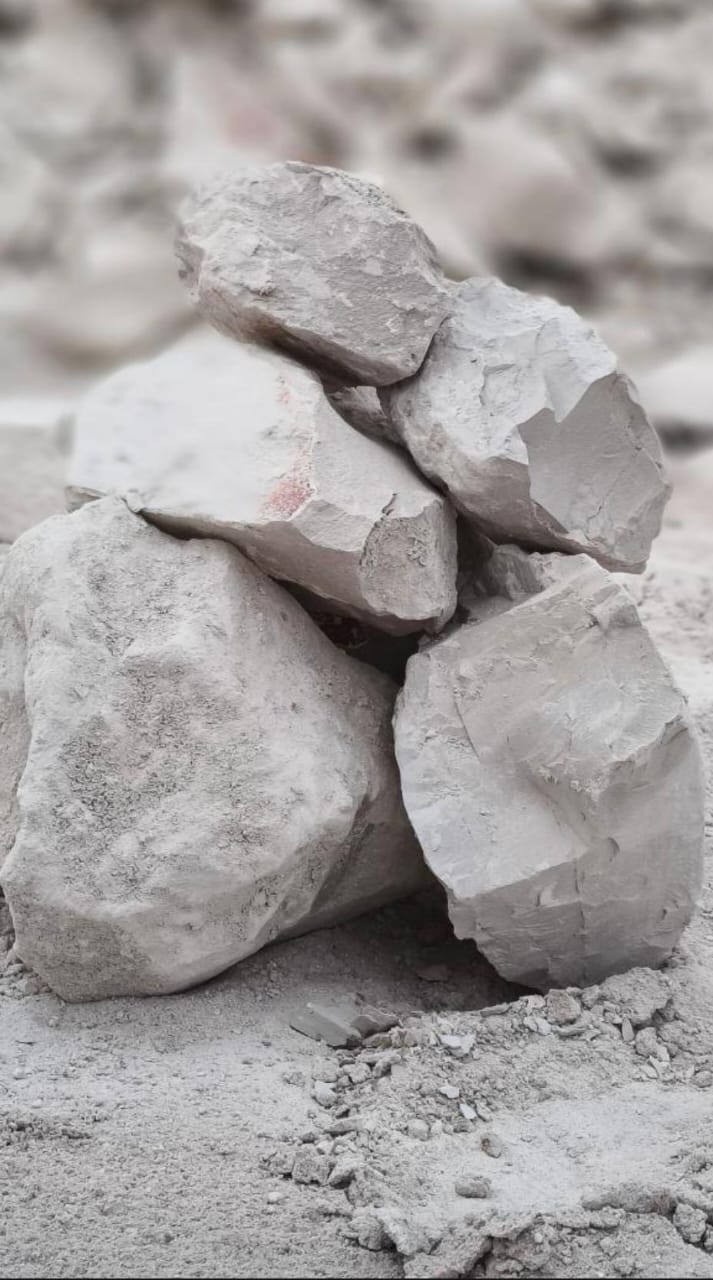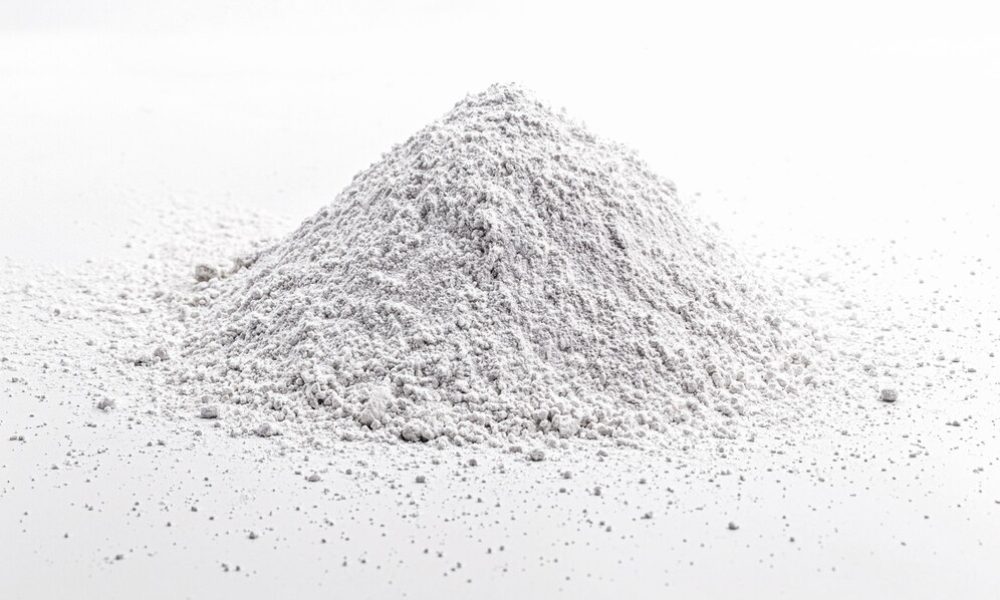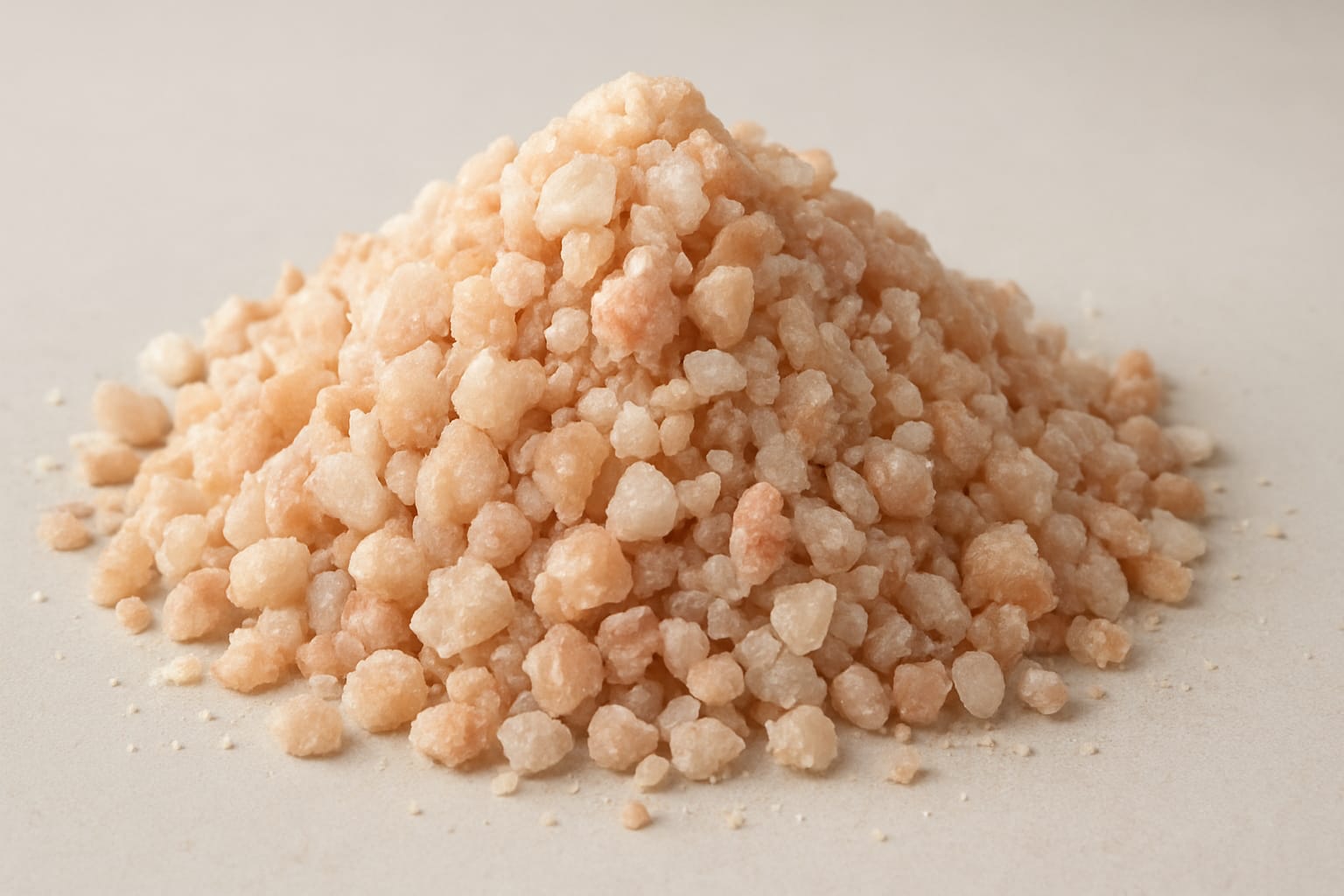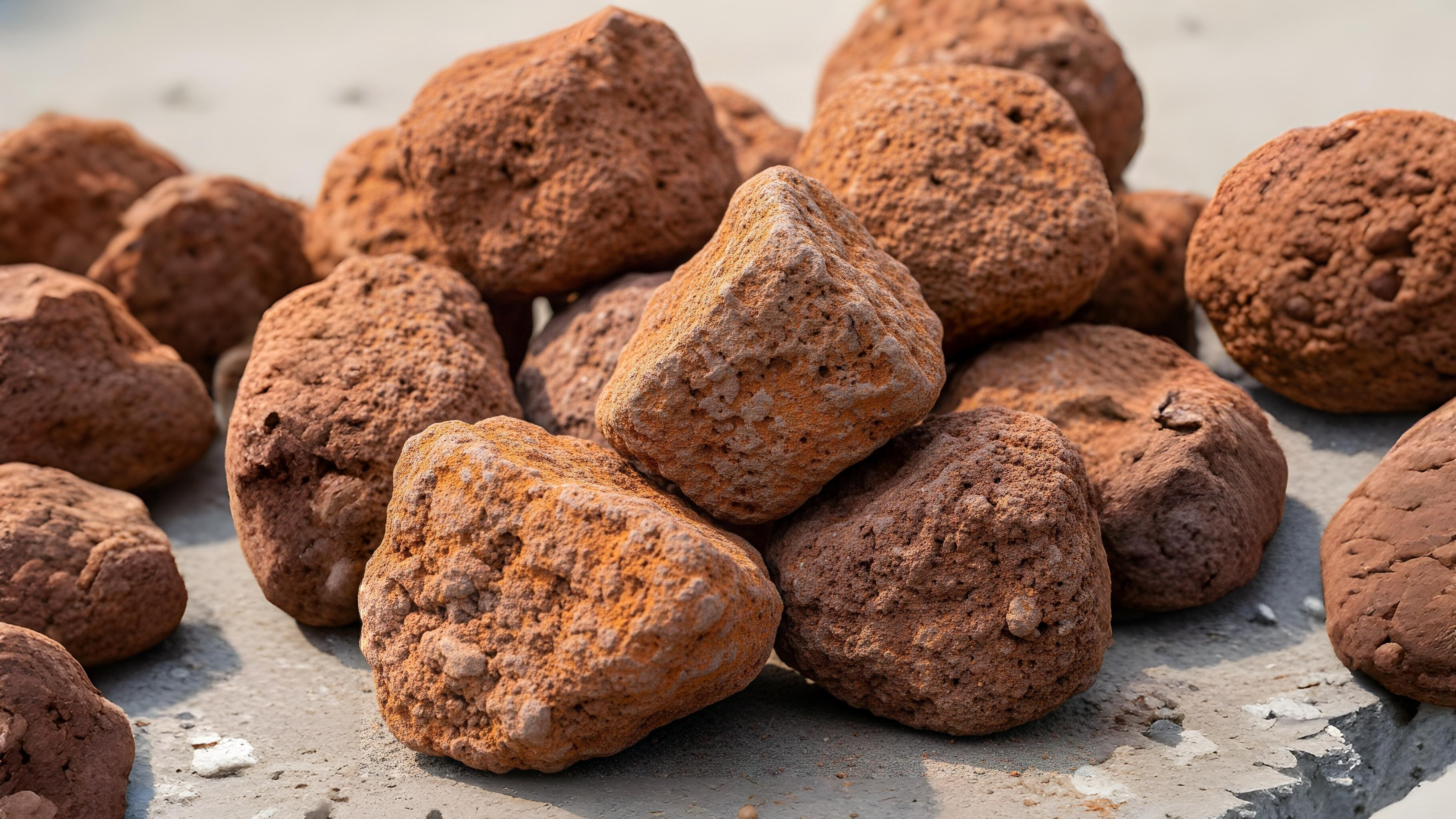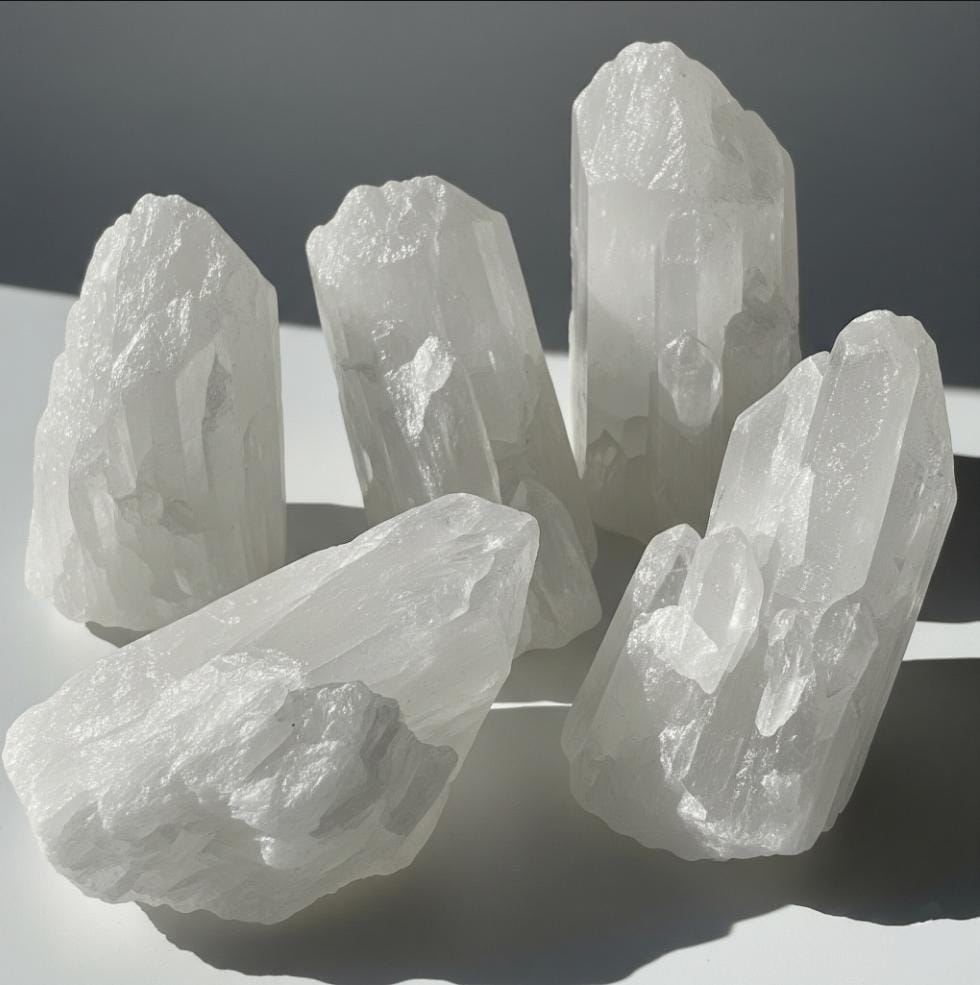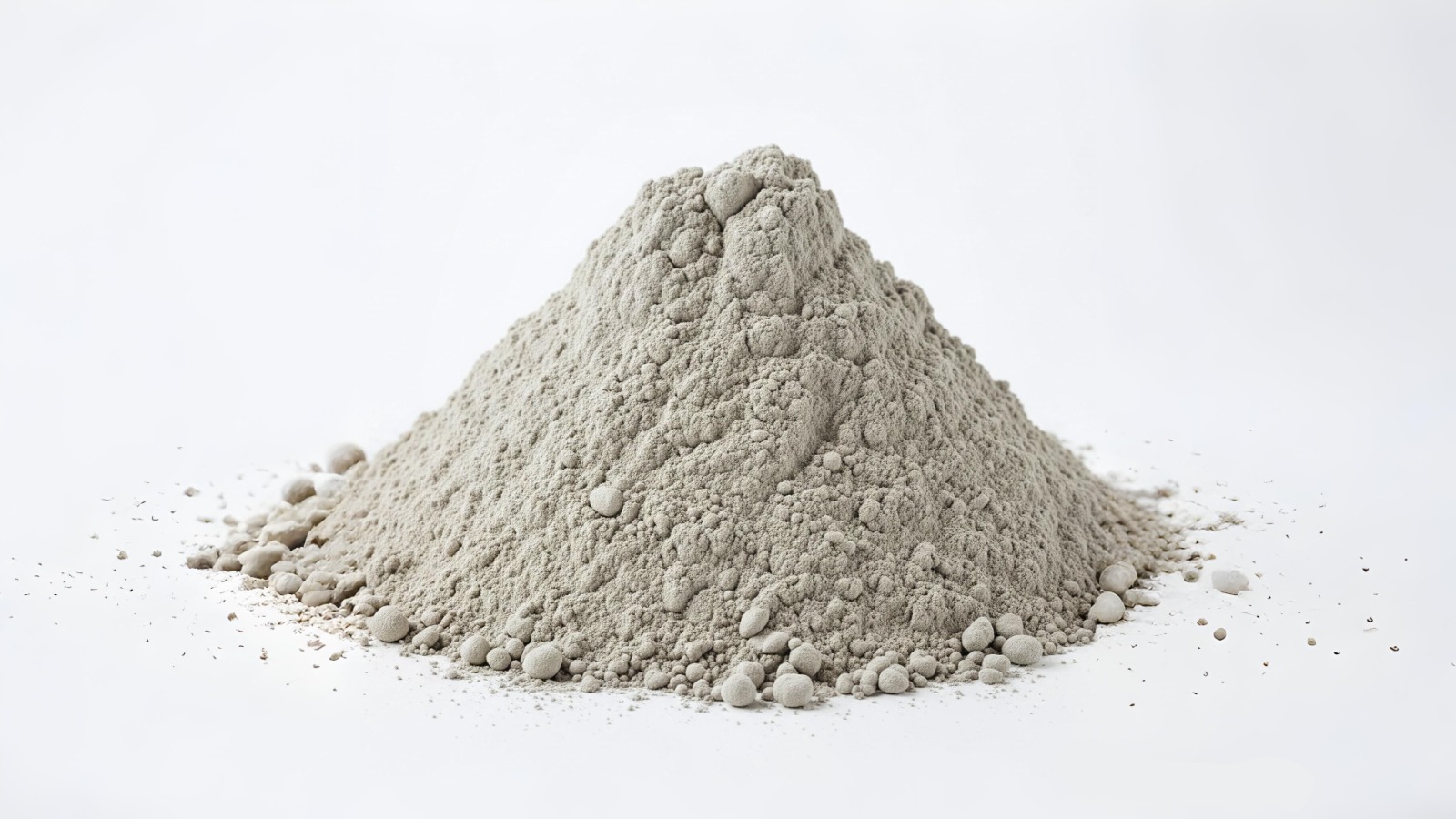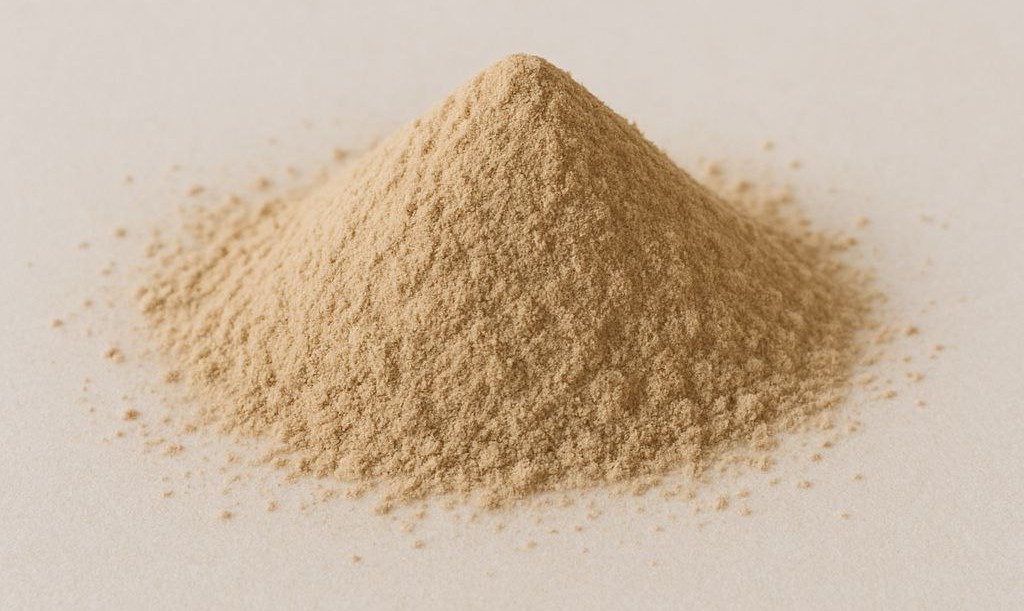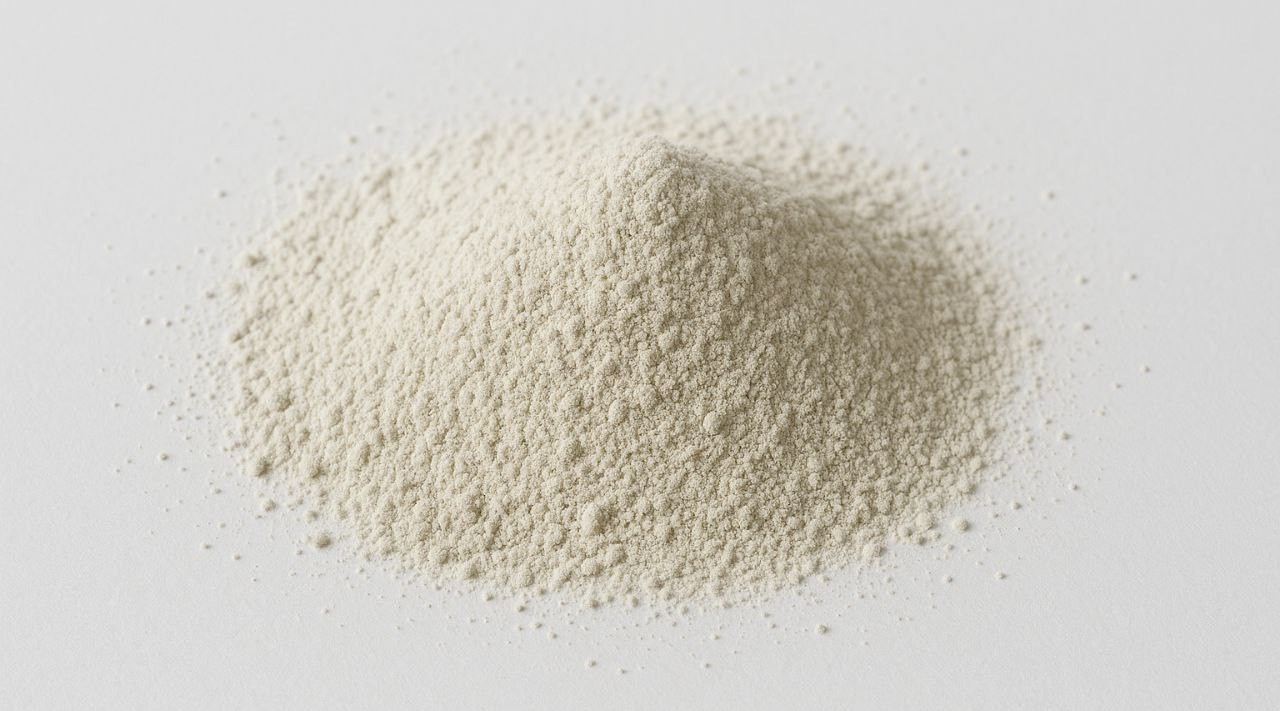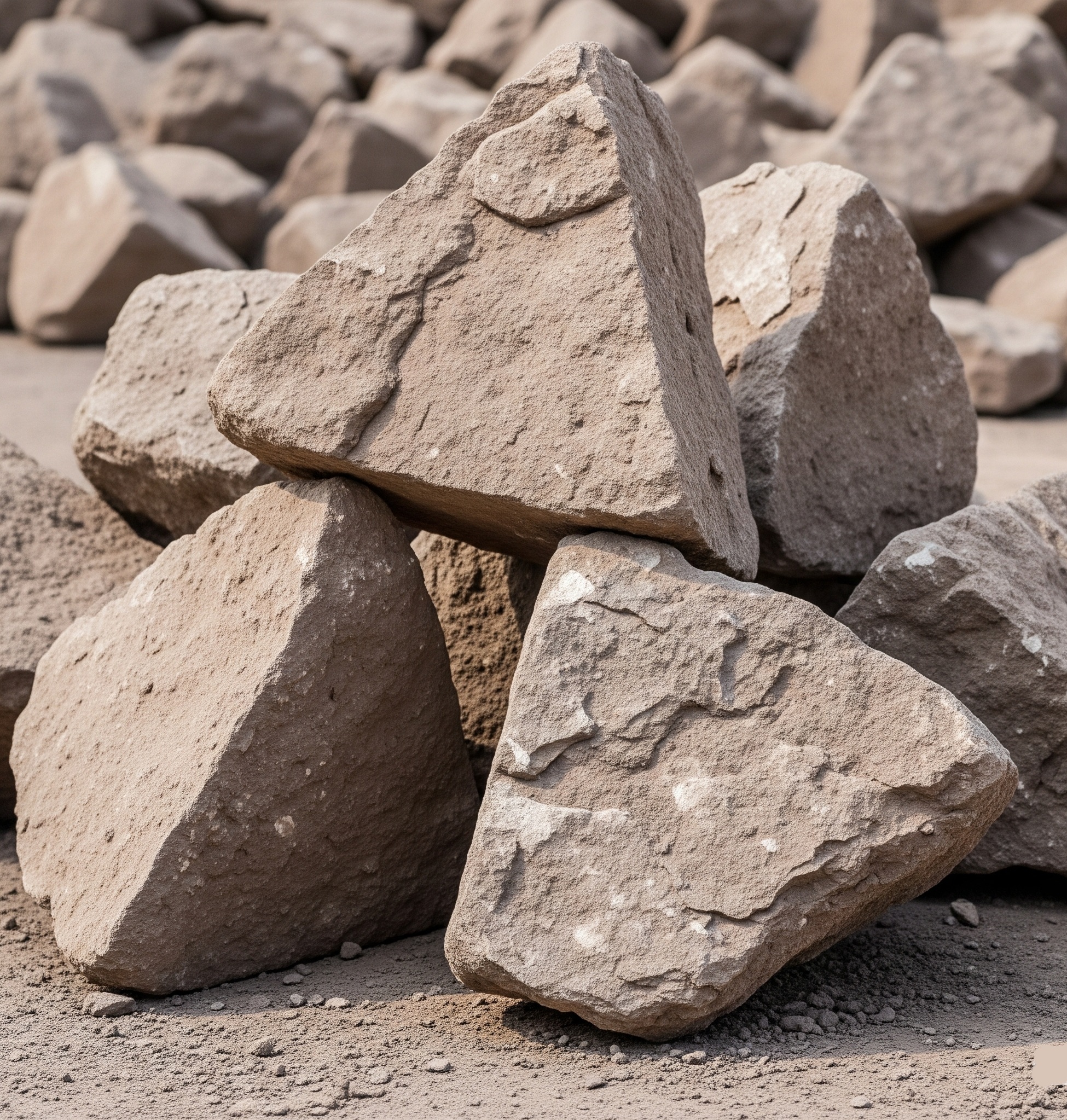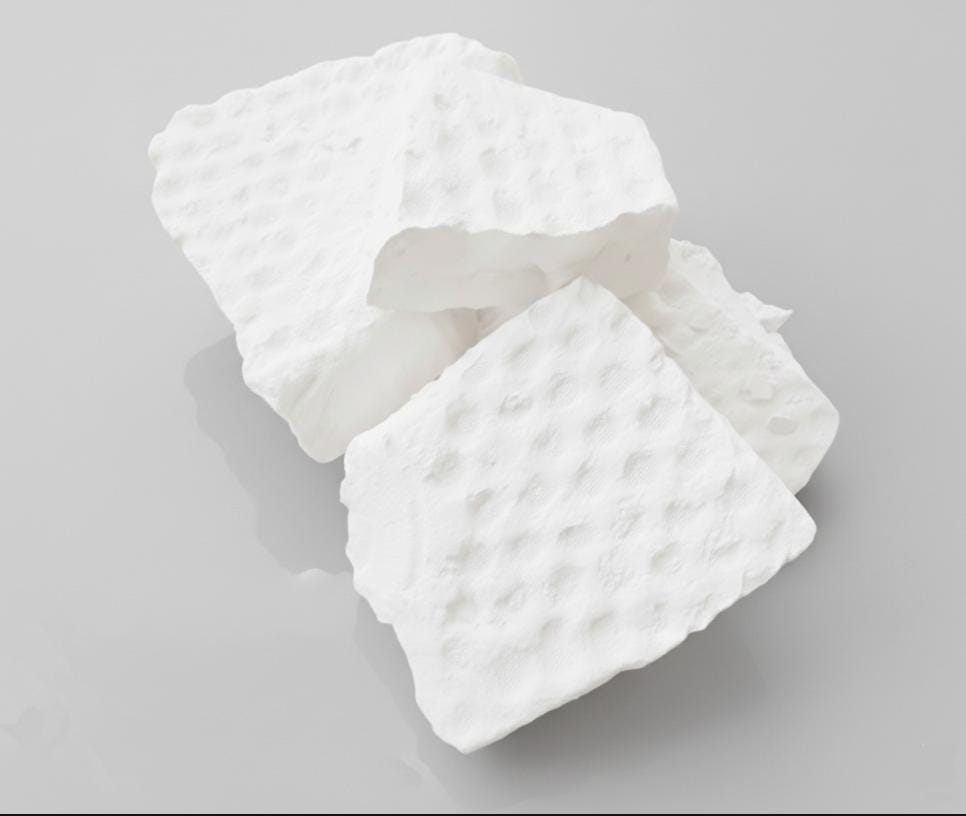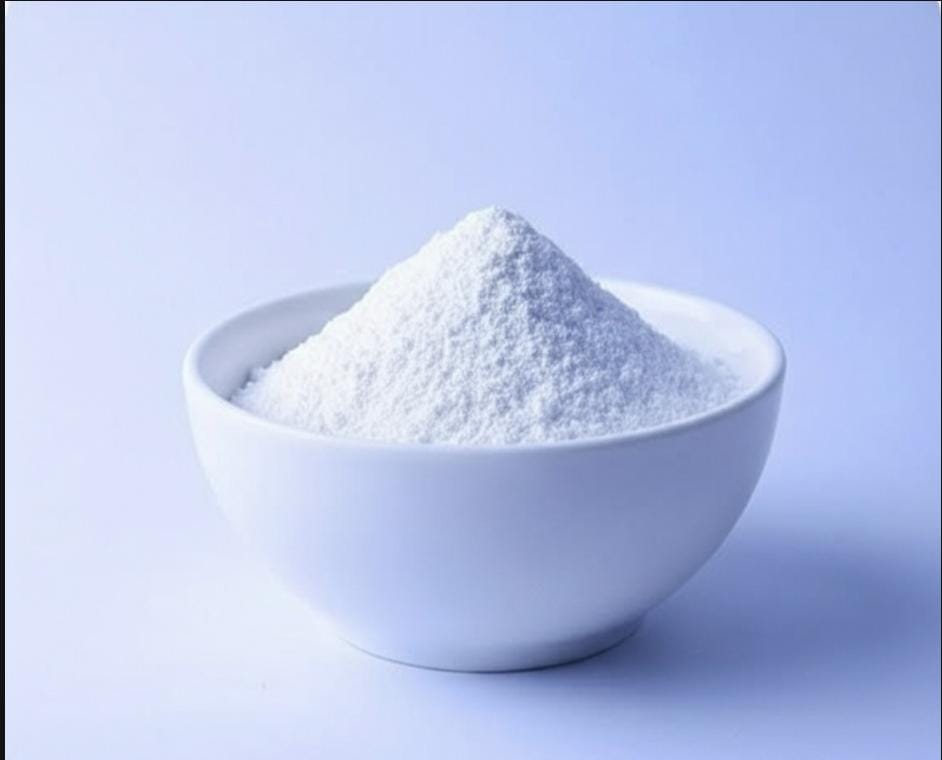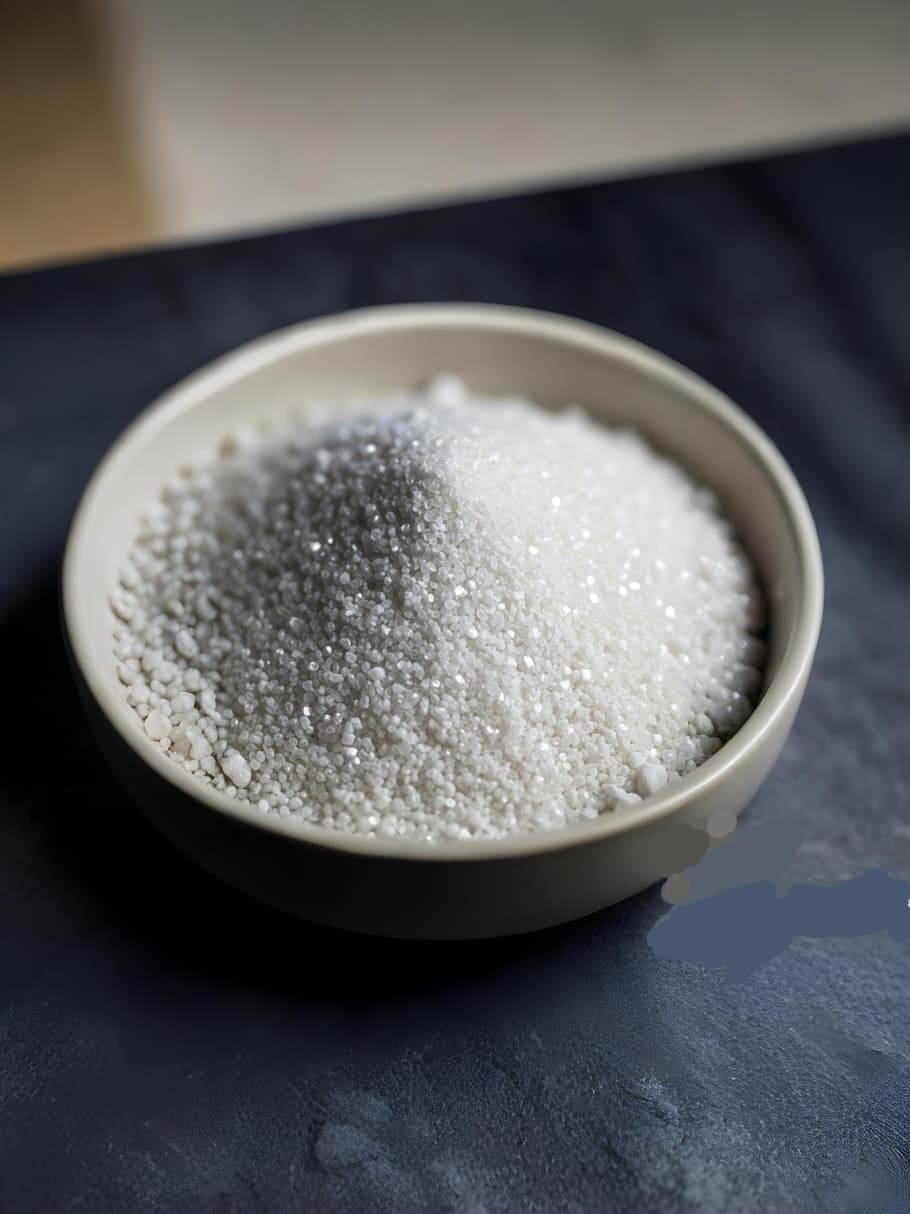
Silica
Silica, scientifically known as silicon dioxide (SiO₂), is one of the most widespread minerals found in nature, making up a major portion of the Earth’s crust. It naturally occurs in different forms such as quartz, sand, and flint, and is also a key component of many rocks and soils. What makes silica unique is its remarkable combination of properties: high purity, hardness, chemical stability, and resistance to weathering. These features make it indispensable for a variety of industrial processes where durability and consistency are critical.
One of silica’s most valuable characteristics is its high melting point and ability to withstand extreme temperatures without losing its structural integrity. This makes it essential in industries such as glass manufacturing, ceramics, and refractory materials. Additionally, its chemical inertness ensures that it does not easily react with other substances, which is why it is widely used in foundries, chemical production, and even in food and pharmaceutical applications as an additive or anti-caking agent.
Beyond traditional uses, silica also plays a significant role in modern technology. In its ultra-pure crystalline form, silica is used in the production of semiconductors, fiber optics, and solar panels — powering advancements in electronics and renewable energy. Its versatility, combined with its natural abundance, makes silica not just a common mineral but a cornerstone of both traditional industries and cutting-edge innovation.
.jpeg)
.jpeg)
.jpeg)
.jpeg)
